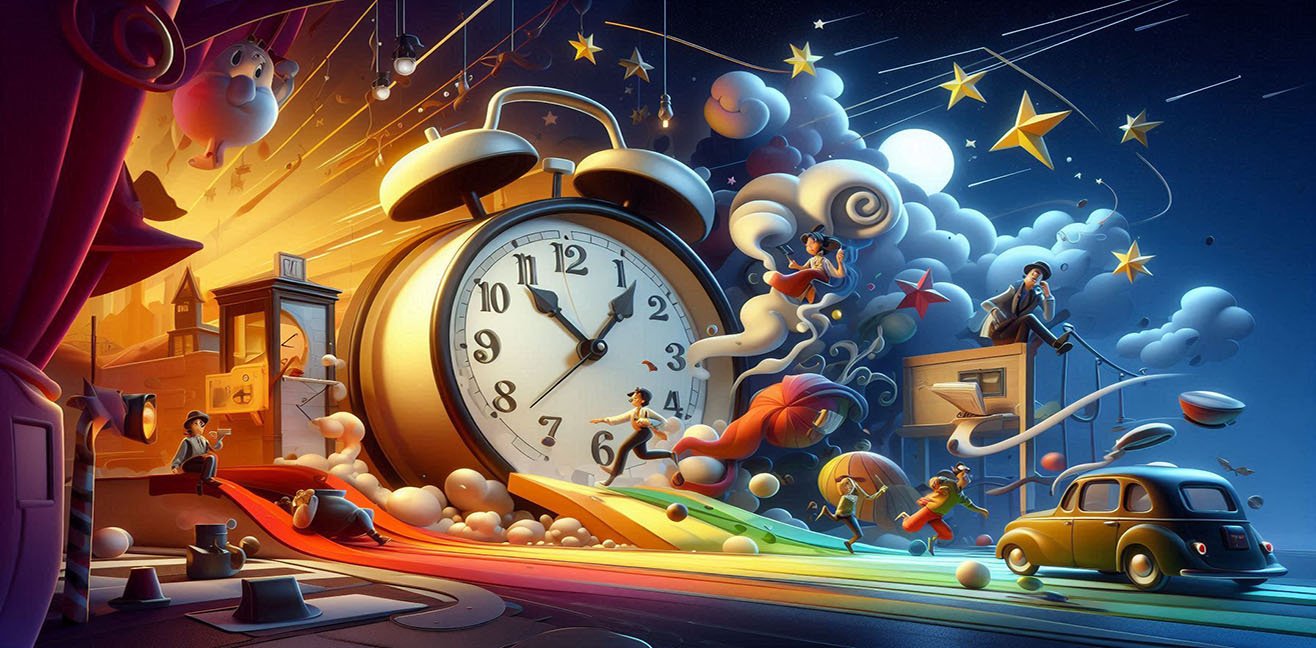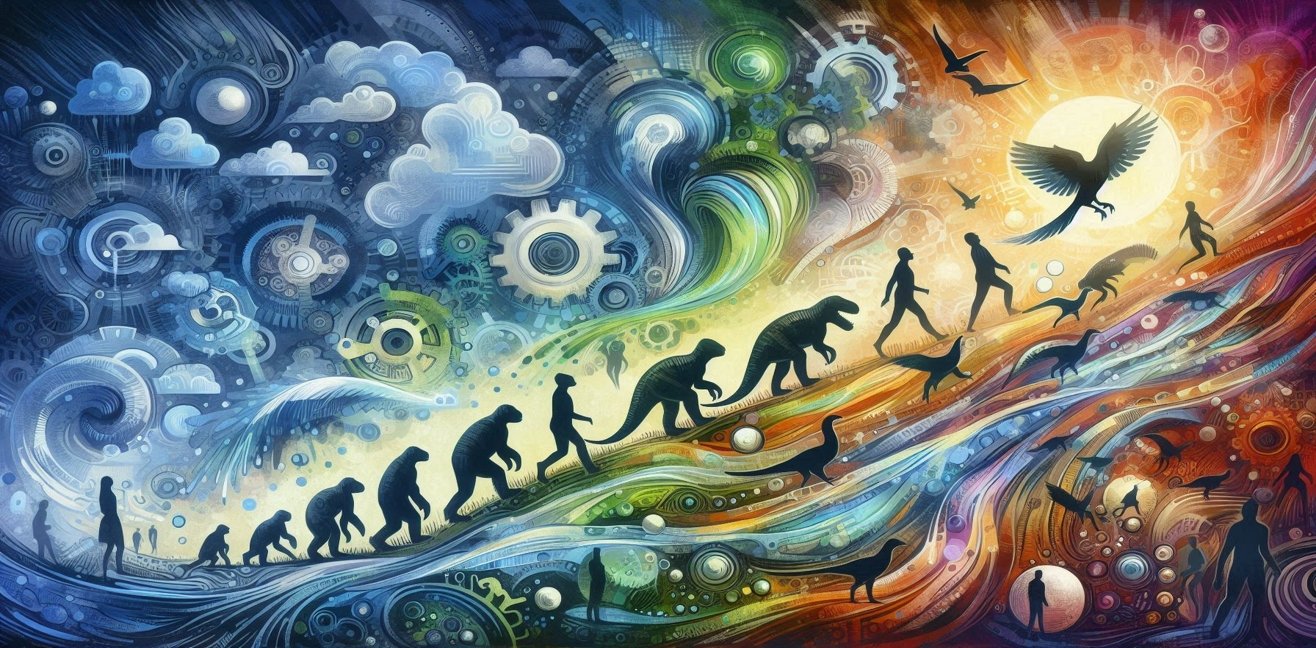Ahhh, time… Throughout human history, it has been both our most loyal friend and our harshest enemy. On one hand, it’s the invisible regulator of life’s rhythm; on the other, it’s the tyrant that drives us crazy with “Why am I still late?” But what exactly is time? Are the clocks really controlling us, or are we the masters of time? Let’s dive into the deep waters of philosophy and stretch our minds a bit! 😎💥
The Definition of Time: One of Philosophy’s Greatest Mysteries
According to Aristotle, time is the measure of motion. If a stone falls to the ground, a river flows, or a coffee cup cools, that’s where time exists. Time is like a stage where everything in the universe dances. But wait, isn’t that a bit too “mechanical”? Let’s get a little romantic: time might be like a symphony of an orchestra, each event a note, each person an instrument…
But Immanuel Kant, politely nodding at Aristotle, says: “Time is not an independent reality in the outside world; it is the way our mind organizes experience.” So maybe, my dear, time only exists in our heads! Imagine sipping your coffee and time crawling slowly, yet during a meeting, five minutes feel like a lifetime… 🤯
Upon hearing this, one cannot help but recall Nietzsche’s famous line: “To live without the sense of time is courageous, for it gives you the chance to create anew in every moment.” So if time seems like a prison, maybe freedom is in our hands.
The Relativity of Time: Einstein and the Mystery of Clocks
Beyond philosophy, modern science also tells us that time is not absolute. According to Einstein, time is not a fixed line; it’s like a fabric that bends according to motion and gravity. A fast runner’s clock ticks slower, and time behaves differently under strong gravity… Could it be that the clocks are fooling us? Maybe every morning, the alarm wakes us up, but time is telling a completely different story. ⏱✨
The Psychology of Time: What Does Our Perception Say?
Psychologists make time even more fun. There’s something called “flow”: when we’re immersed in a favorite activity, time flies; but in a boring meeting, minutes drag like hours. So time itself isn’t fixed, our perception isn’t fixed, everything is part of a chain of illusions!
In a way, Descartes’ “I think, therefore I am” comes into play here: we perceive time simply by thinking. Clocks may seem to measure things, but the real measurement happens in our awareness.
Clocks and Us: Wonderland or Daily Hustle?
In our daily lives, clocks act like tyrants: “9:00 meeting!”, “12:30 lunch!”, “23:00 lights out!” But remember the rabbit in Alice in Wonderland checking its watch? Maybe we’re chasing time, but it’s actually dancing inside us. Instead of making clocks our masters, we can treat them as dance partners. 💃🕺
Deep Questions About Time: A Call to Complex Thinking
- Does the past truly exist, or is it merely a reflection of our memories?
- Is the future predetermined, or is it completely shaped by our choices?
- Is the “now” we experience just an illusion of the mind?
These are questions philosophy has wrestled with for millennia. Augustine once said: “Whatever I ask, I ask what time is, and I can never find the answer.” 😅
Managing Time: Magical Formulas
Alright, my dear, here comes the life lesson 😏✨
- Set your priorities! You don’t have to do everything.
- Live in the moment! The past is gone, the future hasn’t arrived yet. Put your phone aside while sipping your coffee.
- Create time blocks! Work, hobbies, sleep… Make each one a little kingdom.
- Remember the relativity of time! Sometimes it’s fast, sometimes slow… but it’s always with you.
Final Words: Make Time Your Servant
Clocks don’t have to be your enemy—they can be your ally. Use them as guides, not slaves. Time can be a speeding train, or a calm river… but you’re the one steering the course.
And there you go, my dear—at the end of the day, you’ll say, “Wow, time actually worked for me!” 😏✨
Remember: understanding time isn’t just about counting minutes; it’s about living and feeling every moment.




